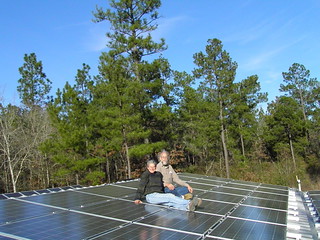 Maybe changing the precincts every year isn’t such a good idea:
a new report rankings Lowndes County second worst in the state
for voting access.
And it’s not as if nobody has complained about this before.
Maybe changing the precincts every year isn’t such a good idea:
a new report rankings Lowndes County second worst in the state
for voting access.
And it’s not as if nobody has complained about this before.
Cody Gibson
wrote for ValdostaToday 20 January 2014,
Lowndes Ranks Second Worst in Georgia for Voting Access,
Lowndes County had the dubious honor of having the highest rate of provisional ballots cast in the state—more than 10 times higher than the state average. The extremely high deviation from the state average on this factor was largely responsible for Lowndes County’s position as one of the worst performers in the state. The report’s findings provide insights that can help officials, policymakers, and advocates better understand voting administration practices that work.
 By comparing voter access and experience across Georgia’s counties, officials can determine the best practices for ensuring that citizens have an equal opportunity to participate in the democratic process.
By comparing voter access and experience across Georgia’s counties, officials can determine the best practices for ensuring that citizens have an equal opportunity to participate in the democratic process.
I’m not familiar with the Center for American Progress Action Fund,
but that’s
a very interesting study,
Unequal Access:
A County-by-County Analysis of Election Administration in Swing States in the 2012 Election
by Anna Chu:
This report evaluates the election performance of counties in the 17
states that had the smallest margin of victory between the two
presidential candidates in 2012. This analysis allows us to better
 understand how well the election process is working within a state,
and will hopefully encourage state and local officials to consider
how they can improve the voting experience for their citizens.
understand how well the election process is working within a state,
and will hopefully encourage state and local officials to consider
how they can improve the voting experience for their citizens.
Many of those provisional ballots could have been because of people confused about Continue reading →
Georgia property owners would be able to contract directly with solar energy installers to finance the installation of solar panels under legislation introduced in the General Assembly Tuesday.















